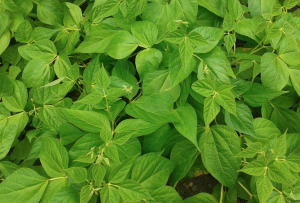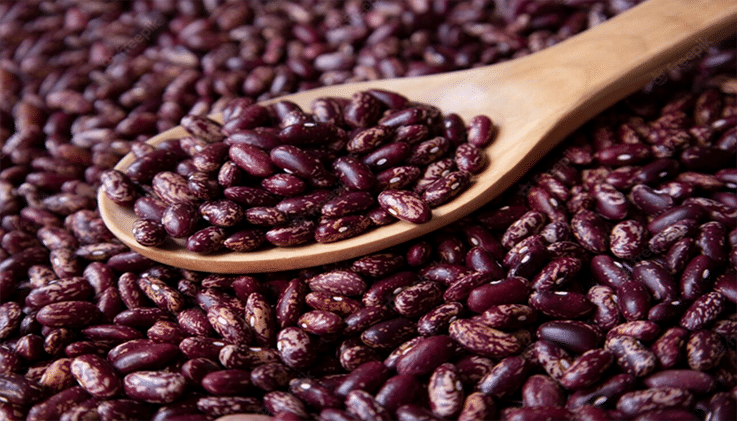The demand for beans has grown in recent years due to the high cost of living putting pressure on farmers to increase their production in beans farming. In other words it is very affordable to all and sundry under the prevailing economic circumstances.
This has contributed to the high demand for beans hence the shortage of the same in the market. Bean farming is lower compared to consumption locally with the deficit imported from neighboring countries.

Importance of Beans
Beans are a source of energy, proteins, vitamin A and B complex, micro nutrients including Iron and Zinc. Kenya is a major producer of beans in the region and the world with over 1.4 million small scale farmers spread all over the country. This is in spite of beans being grown as an inter crop, a practice that needs to change. Therefore, farmers are advised to adopt to pure stand planting of beans. Consequently this will enable the country realize nutrition, food security and poverty reduction.
Bean varieties
Additionally, farmers need to embrace new varieties like Nyota and Angaza, which are high in Iron and Chelalang, Ciankui and Tasha, which are high yielding beans bred by KALRO and Egerton University respectively. Other varieties available in the market include Rosecoco, Mwezi Moja, Mwitemania, Yellow beans, Katumani, Kenya Mali, etc.
It is important to identify the planting season. Thereafter choose a variety best for the area. Prepare land 2-4 weeks before rains start to allow organic matter to decompose and mix well with the soil. Sowing of the seeds should be done immediately rains start. Beans spacing should be 45cm between rows and 20cm between plants with an acre holding approximately 20kgs of seed. Apply fertilizer appropriately. More importantly, crop, pest and disease management should include weeding and spraying.
Beans farming, production per acre
Ideally if plants are well maintained, yields of 10 bags per acre can be obtained. However with a variety like Kenya Mali, farmers can produce up to 600kgs per acre per harvest (in 2 months). It is a high yielding and drought resistant.
In most cases, prices vary in the market depending on demand, region and variety. The 90kgs goes for between Ksh.6000 to Ksh.12000. For value addition, beans can be canned, precooked, etc. In addition flour and starch can be processed from beans.
To sum up, bean farming, if up scaled, has a very high potential of contributing to the improvement of the socio-economic status of Kenyan citizens. Use of certified drought resistant and high yielding seeds need to be encouraged by ensuring accessibility and affordability. In the same vein, farmers need to be sensitized on the need to go large scale on beans. Policies should be put in place to transform the value chain for sustainable production of quality and sufficient quantity of beans as per market demand.
